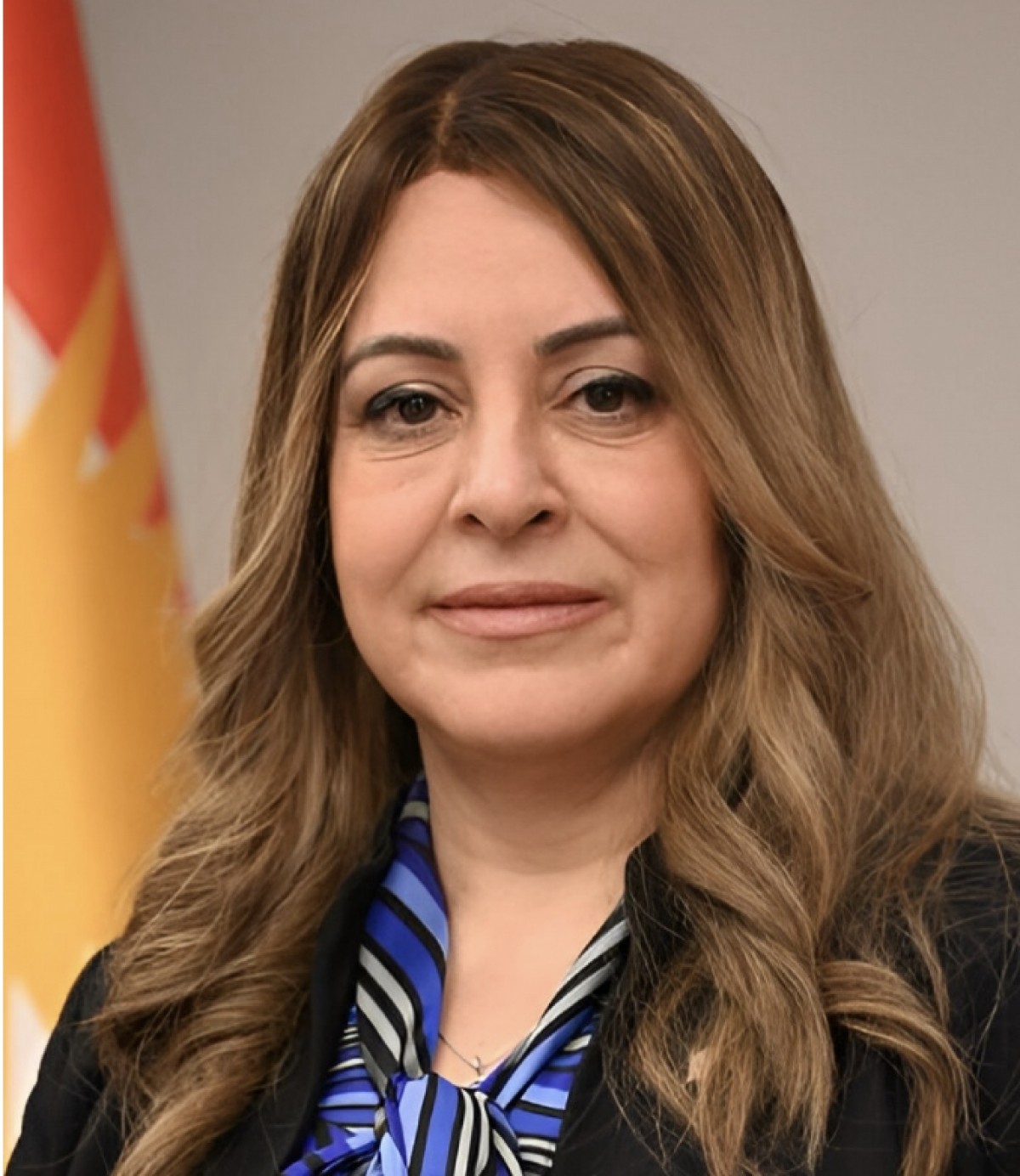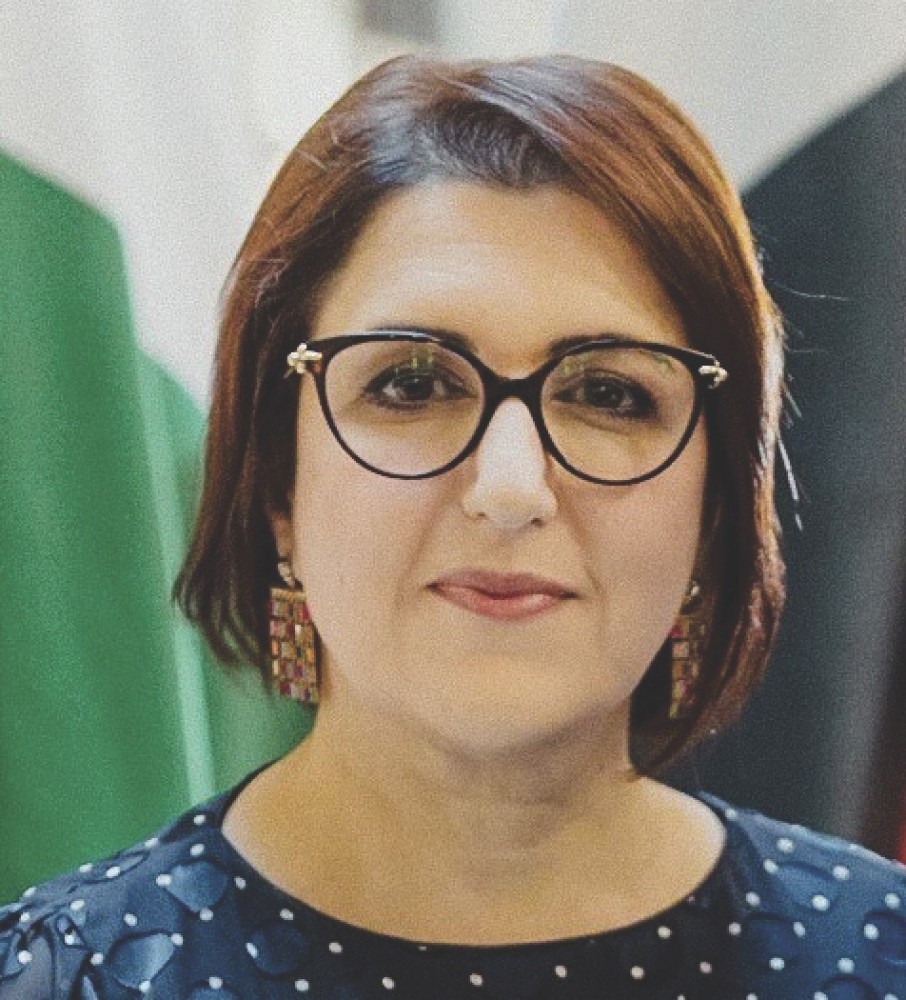I was a few years older than my now son when my father whispered in my ears his peshmerga stories before I slept every night. That is how I grew up. The different stories of my childhood lullabies all had the same moral – a tale of a people who, in spite of all the odds, managed to maintain their culture and their homeland.
Today, the nest that I call Kurdistan, a nest that the generation before us built one twig at a time and that is soaked in the blood of our martyrs, remains fragile. Yet I have chosen to raise my children here.
As I sit to write down my thoughts, anger, irritation, and intense resentment fill me. My native Kurdistan is going through yet another difficult time because the Iraqi central government in Baghdad is withholding the salaries of civil servants for the third consecutive month.

I look around me and recognize that the narratives of hardship, survival, and optimism that my father told me are sewn into the fabric of our Kurdish identity and, in the middle of this upheaval, I cannot help but reflect on them.
The current situation, of course, is a setback for our hopes, dreams, and objectives. It serves as a reminder that if we fail to live according to the lessons of those stories from my childhood and lose belief in that spirit, vultures will come and take our little nest, as simple and unfortunate as that is.
We inherited this capacity for endurance and perseverance from the previous generation. Most Kurdish families, including my own, have lost track of how many times they have been forced to flee, or have packed their belongings in anticipation of fleeing. After each such episode, somehow, they begin the process of rebuilding from scratch. Time after time.
Their tales are filled with accounts of a constant battle for survival, losing all they treasured, spending days in the harsh mountains, and escaping danger, yet they are a monument to the inner peshmerga spirit. Amazingly, these families continually find the willpower to start over. Is their ability to endure such unimaginable situations due to a natural ability, their optimistic nature, or the peshmerga spirit that flows through their veins? Who among us in this world could bear such merciless hardship? Dearest reader, how would you cope?
I, along with most of those in my generation, carry a spark from the peshmerga spirit, that unquenchable flame that has powered generations of Kurdish fighters, a legacy of bravery and steadfast dedication to safeguarding our homeland and its people. The peshmerga spirit is about carrying the burden of protecting our homeland despite overwhelming odds, not simply about carrying weapons.
My father and his generation played a unique combination of roles. On the same mountain he was a fighter by night and an educator for young children by day. Every Kurd may relate to this tale of tenacity and unwavering faith in a better tomorrow.
I wonder, as I look to the future, will the flame of the Kurdish spirit continue to burn as brightly in the hearts of the next generation? Will they endure the challenges we currently confront to protect the nest that we have painfully built through years of struggle and sacrifice?
I like to believe they will. Because hope is profoundly etched in our DNA, just as our Kurdish spirit is. The frustration we are now experiencing is only a passing storm, but our parents’ memories and stories and the legacy of our hope for better times are helping each struggling household get through this current storm, one day at a time.
Kurdistan perseveres in the face of hardship. The Kurdish soul has endured, having been forged in the fire of history. We have survived many storms as a people, and we will also survive this one. The frustrations of today will pass, and our heartfelt desire for a better tomorrow will survive. I still like to believe that one day, in my lifetime, I will hear a sincere apology. And if that does not happen, then I am still determined for my children to grow up in their nest in Kurdistan.
As for us, we are, after all, sons and daughters of the peshmerga spirit and the blood of martyrs.
Sazan M. Mandalawi is a consultant, pursuing her passion in youth education.

